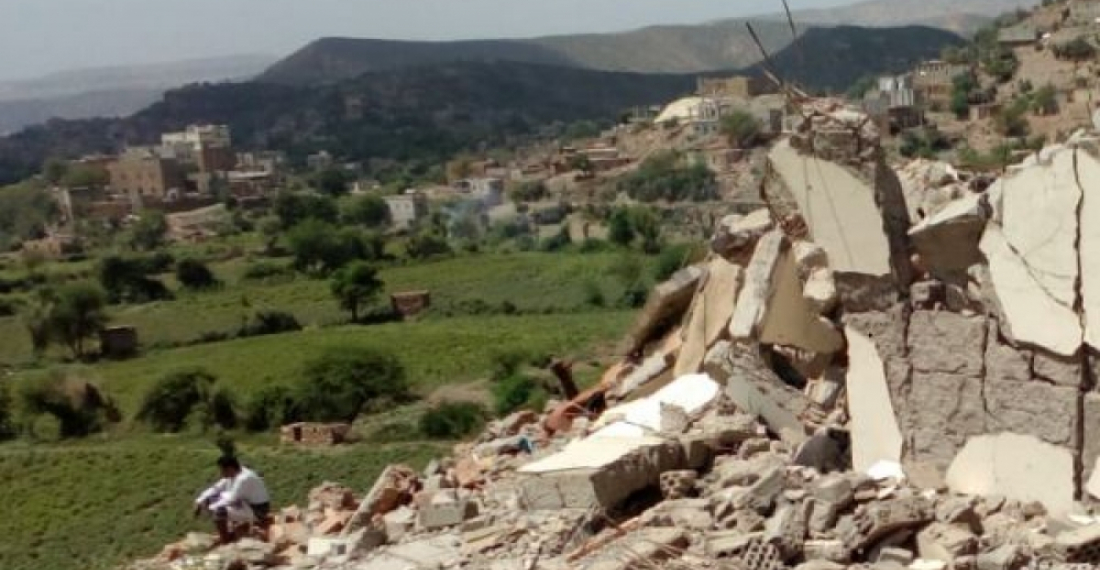The Yemeni government renewed its demands to include the Houthis on the international terrorism lists. These demands come in light of a recent Houthi attack on Taiz which followed the attack on Aden Airport last month.
The Yemeni Ministry of Legal Affairs and Human Rights said in a statement: “We follow with great concern the Houthi group’s continued bombing of the Al-Hayma area, east of Taiz governorate, with various medium and heavy weapons, displacing dozens of families, kidnapping 8 children from their homes and holding them hostage.”
The ministry affirmed that "in light of these terrorist practices and acts, and their horrific results against civilians, the ministry has not, and will not, abandon their adherence to its demands for the inclusion of the Houthi militia on international terrorism lists."
Yemen also called for the United Nations, the international community and human rights organizations to “take a clear position on the war crimes and brutal violations committed by the Houthi militia” in Yemen.
Last November, it was reported that the Trump administration was likely to designate Houthis as a terror organisation, a move that could lead to new uncertainties in Yemen according to some experts. It is unclear whether the new US administration would entertain this idea.







